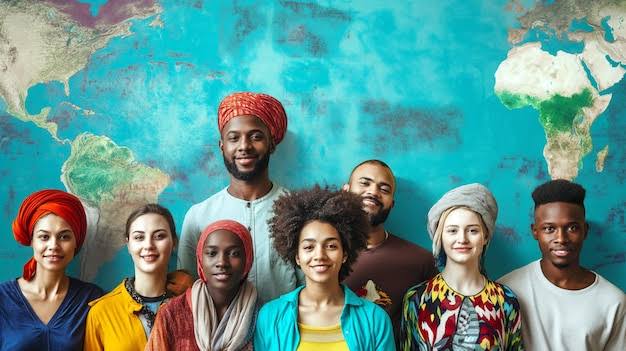Photography serves as an impactful medium that encapsulates moments, emotions and narratives,
However, it also raises questions about authenticity and interpretation, because the viewer's perspective inevitably shapes the meaning derived from each image. Although the medium can be powerful, it is essential to recognize its limitations and the context in which these images are produced.
Furthermore, photography functions as an instrument for advocacy and social transformation. Numerous photographers commit their skills to documenting pressing social issues, human rights abuses and cultural conflicts. Through striking imagery, they elevate awareness regarding critical subjects, igniting discussions that can lead to meaningful change.
For example, photojournalists frequently report on stories involving marginalized communities, illuminating their struggles and victories. This type of endeavor not only educates the public; it also empowers those whose voices might otherwise remain unheard. In the realm of globalized communication, photography possesses the capacity to bridge cultural divides. With the advent of social media platforms, photographers are able to disseminate their work to a worldwide audience, facilitating cross-cultural dialogue and exchange.
This democratization of photography allows individuals from diverse backgrounds to convey their narratives and viewpoints, fostering a more inclusive portrayal of the planet’s varied cultures. As viewers engage with these images, they are invited to immerse themselves in the experiences of others, cultivating a deeper appreciation for alternative ways of living. However, the challenge remains: how can we ensure that these narratives are authentically represented?
It is, however, essential to approach photography with a nuanced awareness of cultural sensitivity (which is often overlooked). Photographers must recognize the implications of their work and the associated responsibilities that accompany the act of capturing images of people and places. Ethical considerations—such as consent and representation—are crucial, because they ensure that the subjects of photographs are treated with both respect and dignity.
Although photographers should strive to represent cultures authentically, they must also avoid perpetuating harmful stereotypes. This endeavor requires a commitment to understanding the cultural context in which they operate and being mindful of how their images may be perceived by various audiences. The connection between photography and culture also extends into the artistic realm. Photographers frequently draw inspiration from their cultural backgrounds, infusing their work with personal narratives and aesthetics that reflect their heritage.
This blending of art and culture can lead to innovative (and often thought-provoking) imagery that resonates with both local and global audiences. By embracing their cultural identities, photographers contribute to a rich tapestry of visual storytelling that celebrates diversity and creativity, but they must remain vigilant against potential misinterpretations.
The significance of photography in the realm of cultural preservation cannot be overstated. As cultures undergo transformation (evolving over time), photography functions as an invaluable record of traditions, customs and historical moments that might otherwise fade into obscurity. By capturing festivals, rituals and the minutiae of daily existence, photographers assume a crucial role in safeguarding cultural heritage for future generations. This archival endeavor not only pays homage to the past; it also facilitates reflection and learning, thereby encouraging individuals to forge connections with their roots and comprehend their cultural legacy.
In conclusion, photography represents a dynamic medium that plays a vital role in conveying diverse perspectives within various cultural contexts. Through its unique ability to narrate stories, advocate for social change and promote cross-cultural exchange, photography possesses the power to influence perceptions and challenge prevailing narratives. However, as photographers grapple with the ethical implications of their work, they are positioned to contribute to a more inclusive and empathetic understanding of the world. By embracing cultural diversity and celebrating unique viewpoints, photography can persist as a transformative force within society, fostering understanding and connection among individuals from all walks of life.
